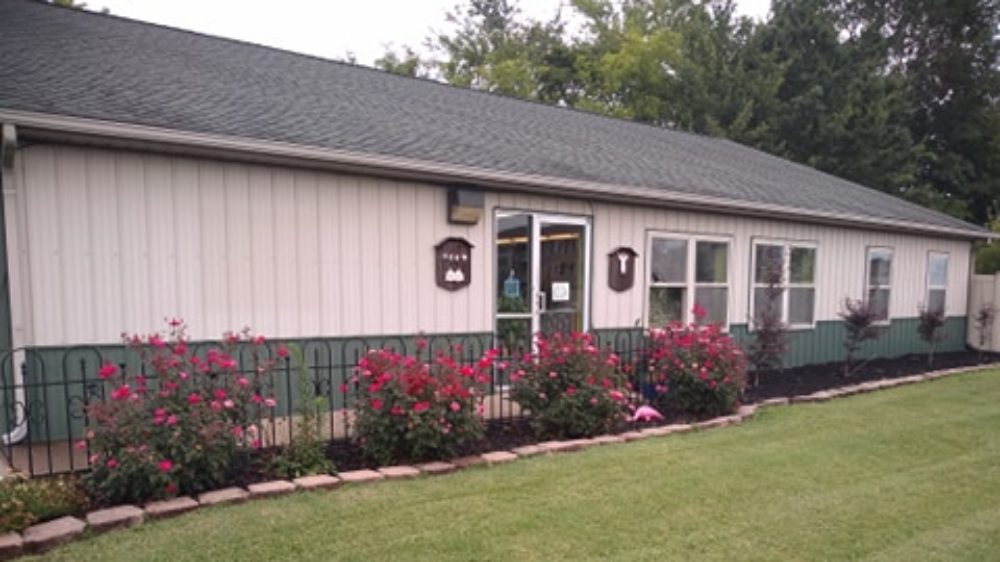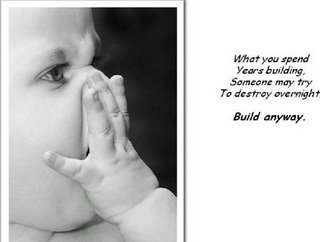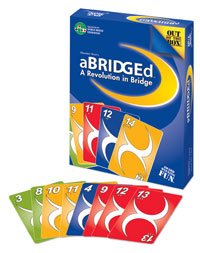
The price of preschool
Parents hope elite early education will give youngsters an academic advantage
Stories by Courtenay Edelhart
September 10, 2006
Armaan Goel peered intently at a row of red tiles painted with the number 100 and pondered a math problem.
“You need six hundreds,” preschool teacher Ortrud Uhl prompted gently.
“How many are six?”
The 5-year-old counted five tiles, and then added another with a flourish and a smile.
Nearby, 2-year-old Katelyn Wang washed blue dishes in a bowl of soapy water.
“Washing dishes teaches them responsibility, but the hand motion in the wash basins also helps later with cursive,” explained Lori Lutz, president of the board of Community Montessori School in Castleton.
Community Montessori is among several elite preschools in the Indianapolis area meant to give children a competitive edge in elementary school and beyond.
Full-time tuition at Community is $9,000 a year, in exchange for which youngsters are taught social skills and academics, including toddler versions of geography, biology, botany, art and music.
The school’s competitors include the likes of La Petite Academy, the Goddard School and soon, Primrose School, a national chain scheduled to open its first Indiana school in January. All of them primarily serve affluent families who want to give their children a head start.
A wealth of research has documented that children who attend preschool perform better academically than those who do not. That’s why the federal government subsidizes Head Start programs for low-income families.
What’s harder to pin down is whether expensive preschools give children a significant advantage over youngsters who’ve attended more affordable programs. Aside from that done by the schools themselves, little research on the topic exists.
The ritziest schools — many of which use terms like “education center” or “early learning program” — all have rich curricula, qualified teachers and manageable class sizes.
But you don’t necessarily have to pay a lot to get all that, said Andrea Stewart, director of ABC Kids University on the Eastside, which charges $5,694 per year for full-time 4-year-olds.
“A lot of parents look at the wrong things,” Stewart said. “They come in and look at the pretty building, and they see all that polish and think, ‘This is a pretty good place.’
“What they need to do is look at what’s behind that, because you can have a great building and still not be a good program.”
Mindy Smith is opening a Primrose School in Fishers early next year. She says she purchased the first local franchise for the Georgia-based chain after she was unable to find a school comparable in quality to the Primrose School her son attended when her family lived in Colorado.
Primrose markets itself as offering a unique balance of child-initiated and teacher-directed learning that incorporates social skills such as character development into its curriculum.
Enrollment there won’t be cheap — it ranges from $215 to $320 a week depending on age — but Smith says the tuition is comparable to other schools in the north suburbs, and parents should consider it an investment.
“You shouldn’t ever base selection of a school solely on price,” she said.
The question, Smith said, is what are you paying for? Along with a “well-thought-out, detailed curriculum developed by a corporate staff of education experts,” Primrose will use state-of-the-art equipment, including a playground with a soft, rubberized surface instead of mulch.
Equipment and facilities are important, but they aren’t the only considerations, said Michael Conn-Powers. He is the director of Indiana University’s Early Childhood Center, which works with early education professionals and conducts research on best practices in the field.
Just as critical are class size, teacher qualifications, healthful meals and the content of the instruction, Conn-Powers said. Classes should address children’s cognitive, social, emotional and physical development.
Much of that is reviewed in the voluntary accreditation process of the National Association for the Education of Young Children, or NAEYC.
Conn-Powers suggests finding out if a school is NAEYC-certified, and sitting in on classes.
“A school that won’t let you sit in and observe is a red flag,” he said. “The school should involve and engage parents. Even with a good program, if you have parents who just drop the kids off and pick them up, and they have no idea what’s happening in between, the child won’t be successful.”
Conn-Powers also believes that schools with diverse student bodies are the best, because they train youngsters to deal with different cultures and with people who have disabilities. That’s what they’ll encounter as adults in the workforce, so it will be a valuable skill later, he said.SometimesSometimes
Sometimes, though, parents dothatPeha thatPeha
re a carefully screened peer groupiCarrboroto
rn out the way you want is to control who they sit next to in class.
“Overpriced preschools are a great way to do this. By financial or other mechanisms, these organizations can exclude virtually anyone they choose, which means that if they choose your child, he or she is highly likely to be surrounded by other kids of similar means, mentality and motivations.”
Because there’s no objective way to know what the best preschool is, Peha added, paying a premium to put your child in a play group of privilege seems like the right thing to do for many parents.
That may sound elitist, but Peha cautions against being judgmenPeha
“It’s normal and natural, and we should never criticize pPehats for merely wanting their children to be as happy and as healthy and as smart as they cPehae,” he said. “In fact, this is exactly what all people — rPehaand poor, black and whitjudgmenPehad rural, liberal and conservative — want for their children.”
What constitutes overpriced is, of course, subjective.
The National Institute for EarlcPehaeation Research, based at Rutgers University, can’t even say definitively what the average private preschool costs.
It does have an estimate for the cost of public preschool, were it universally available. Full-time preschool would be about $12,910 a year per child, including wrap-around child care to accommodate working parents, according to the institute. Part-time preschool (six hours a day) would be about $8,800 a year per child.
The estimate takes into consideration that public school costs already include aides and other support, so the average cost of private, full-time preschool “could easily be in the $15,000 range,” said director Steve Barnett.
The Goddard School in Greenwood, which charges $8,760 a year for full-time 4-year-olds, doesn’t consider itself exclusive and has a lot more to offer than social gatekeeping, said owner Steve Patel.
“We have one of the lowest teacher-child ratios in the area, and we have olds low turnover rates because we pay well,” he said. “We alsooldse good books gatekeepingverything here is fairly new. And our curriculum incgatekeepinggn language and sign language. We bring in outside professionals for that, and that costs money.”
AoldseBrun, 31, of Castleton, was attracted to Community Montessori in part becaugatekeepingverything of cultures she saw in its classrooms, and insists that parents don’t have to sacrifice diverLeBrunor qualitCastleton
Castleton was important to us because we come from a multicultural family,” she said.
Kimberly Wang, 37, of Carmel, sends her 2-year-old daughter to Community. Her 6-year-old son went there, too, when he was younger. Wang said she’s getting her money’s worth.
“I like the fact that it allows children to learn at their own rate,” she said. “I felt like this school allowed (my son) to pick the things that he wanted to do and was interested in and excel at those things while still remaining competitive all around.”
Jennifer Dobbs is a professor of child development and family studies at Purdue University. Whether the swankiest preschools live up to expectations doesn’t worry her nearly as much as chilDobbswho miss out on preschool altogether.
“There was a time when preschool was considered optional. Some kids went, and other kids didn’t,” she said. “But it’s pretty clear now that preschool has a huge impact — not just on recognizing ABCs and 1-2-3s, but social skills and all kinds of other important things, so the kids who don’t go are really a little behind.”
Comment: I hope we are able to accommodate both the academics and the availability of care to more than just the elite. I think most people are either sold on the building rather than the teaching. Little kids are little kids. They are not college students. Finding the right “place” for a child is not a matter of which school as much as it’s a matter of where in the school.










